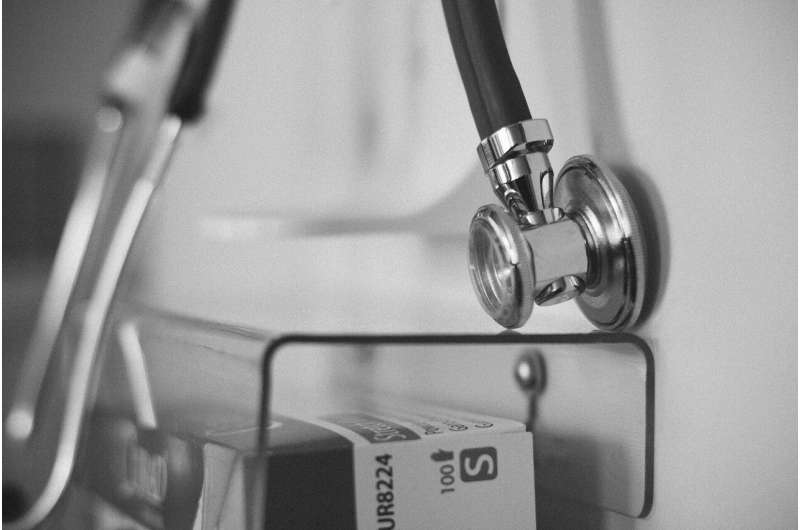For hip fracture patients, hospital reimbursements rising faster than surgeon reimbursements

In recent years, hospital charges and Medicare payments for patients with hip fractures have increased much more rapidly than charges and payments for orthopedic surgeons, reports a study in the Journal of Orthopedic Trauma.
The gap in Medicare reimbursements to hospitals compared to surgeons widened substantially in the last decade—even as patient outcomes improved and healthcare resource use decreased, according to a new analysis by Brian Werner, MD, and colleagues of UVA Health, Charlottesville, Va. "The results confirm our hypothesis that hospital charges and payments contribute significantly more to the increasing cost of treating a hip fracture patient than surgeon charges and payments do," the researchers write.
Hospital payments rise rapidly, despite shorter lengths of stay
To evaluate trends and variations in hospital versus surgeon charges and payments, the researchers analyzed Medicare data on more than 28,000 patients treated for hip fracture between 2005 and 2014. Charges refer to the "list prices" set by hospitals and surgeons; payments refer to the fixed prices that Medicare pays for specific procedures. The analysis included patients with two hip fracture sites and three different types of procedures.
About 25,000 patients were treated with surgery or "open reduction" for proximal femur fractures. For this group, hospital charges increased by 76.9 percent during the study period: from about $37,000 to $66,000 per patient. By comparison, surgeon charges increased by 22.2 percent: from about $3,100 to $3,900. There were also discrepant trends in payments: hospital payments increased by 39 percent (from about $10,500 to $14,700 per patient), while surgeon payments actually decreased by 7.5 percent (from $916 to $847).
For a better comparison of trends in hospital and surgeon reimbursement, the researchers calculated a "charge multiplier" (CM) and a "payment multiplier" (PM). Both multipliers continually increased over time: the CM for surgery/open reduction increased from 11.9 in 2005 to 17.2 in 2014.
Meanwhile, the PM increased from 11.5 to 17.4. In other words, hospital payments were about 11 times higher than surgeon payments in 2005, but 17 times higher in 2014.
Similar trends were noted for approximately 3,000 patients undergoing closed reduction and percutaneous pinning of femoral neck fractures. For this procedure, the CM increased from 10.1 to 15.6, while the PM increased from 15.1 to 19.2. The trends were consistent across US regions.
The burden of health problems for patients with hip fracture increased during the years studied, based on a standard comorbidity index. However, patient outcomes improved, including lower mortality rates and a shorter average hospital length of stay (LOS).
"Theoretically, this decrease in LOS should decrease hospital resource utilization and consequently, hospital charges and payments," Dr. Werner and colleagues write. But instead, "As LOS decreased, hospital charges and payments actually increased relative to surgeon charges and payments."
The study cannot explain the widening gap between hospital and surgeon reimbursements, at a time when total charges for treating a patient with hip fracture are paradoxically increasing. Dr. Werner and colleagues conclude: "Identifying and rectifying the sources of increased hospital charges—rather than continually minimizing surgeon reimbursement—will be tantamount to minimizing the financial burden of hip fractures on the health care system while continuing to deliver effective and efficient patient care in the coming years."
More information: Dennis Q. Chen et al. Increased Reimbursement for Surgical Fixation of Hip Fractures, Journal of Orthopaedic Trauma (2021). DOI: 10.1097/BOT.0000000000002092



















